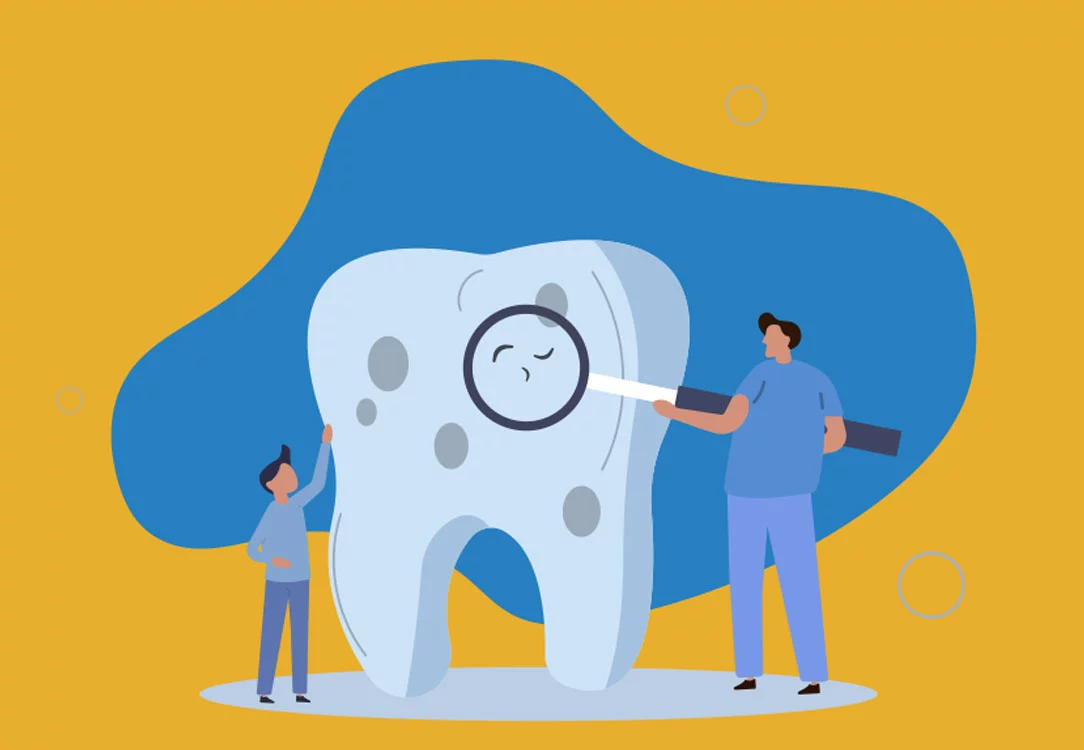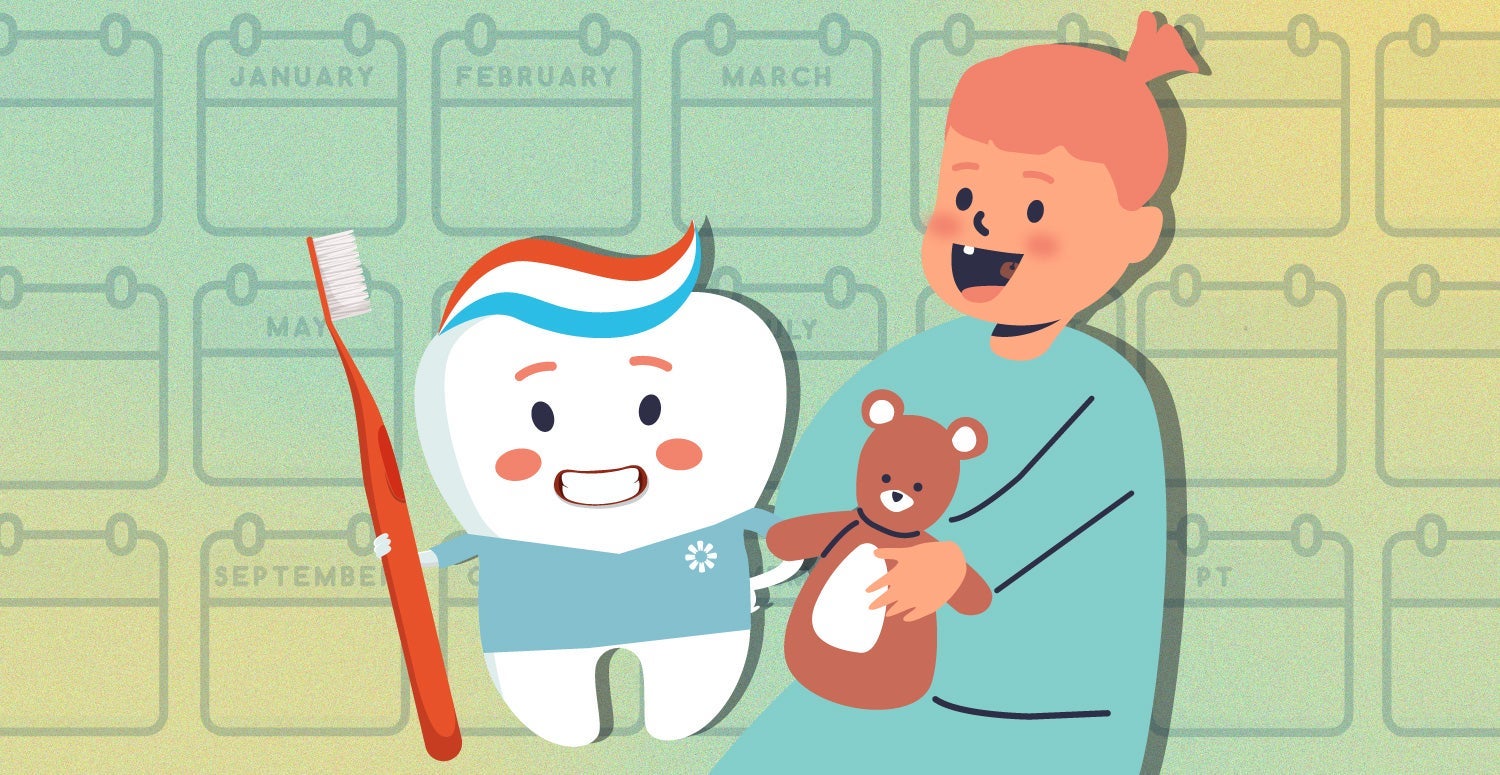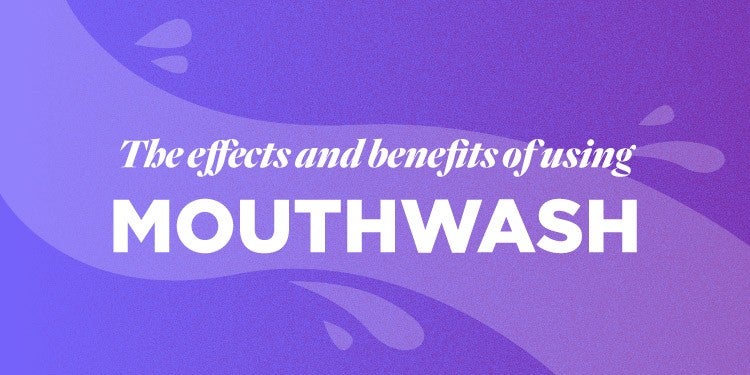Tooth decay in children is a serious problem in America — it ranks as the top chronic childhood illness according to the National Children’s Oral Health Foundation. One in five children doesn’t receive regular dental care, and more than 40% of children have cavities by the time they reach kindergarten. Parents can avoid tooth decay in kids with a regular dental regimen.
Is it Normal for Kids to Get Cavities?
Yes. According to the Centers for Disease Control and Prevention, tooth decay remains one of the most common childhood diseases in the United States. Forty-two percent of children between the ages of 2-11 develop a cavity in their baby teeth, particularly between the ages of 6-11, as stated by the National Institute of Dental and Craniofacial Research (NIDCR). It's important to schedule regular checkups at the dentist (every six months) so your kids' cavities can be spotted and filled as soon as possible.
Is it necessary to fill a baby tooth that's going to fall out eventually? Absolutely. Regardless of whether the tooth is temporary or permanent, the cavity needs to be filled. Not treating tooth decay can lead to the spread of diseases and infections in the mouth (some of which are contagious). Early detection is key to limiting the damage.
What Causes Cavities in Children?
Cavities in children's teeth are caused by harmful bacteria in the mouth that erode tooth enamel. These bacteria, commonly referred to as plaque, feed on sugar and produce acid that slowly bores through enamel until reaching the inner layer of the tooth (the dentin). Some of the most common culprits that help plaque thrive include:
- Sugary food and drinks – Plaque bacteria feed on the carbohydrates that remain in a child's mouth after a meal. Candy, fruit juice, and even breast milk can set the stage for trouble.
- Poor oral hygiene – Inadequate brushing and flossing allow plaque to take hold and can lead to tooth decay. It's important to instill good oral hygiene habits in kids early on (and check in to make sure they're following your advice!).
- Dry mouth – Saliva helps to wash away plaque, so when a child suffers from dry mouth, plaque can develop more easily.
- Parents - Babies are born without plaque bacteria in their mouths, but it is often transferred to them by their mothers or fathers through saliva. When a parent eats from the same spoon as their baby or a child shares a toothbrush with someone, the bacteria can be passed along.
- Medical problems – Children who vomit frequently due to a medical condition or illness can be prone to cavities caused by stomach acid damaging enamel
- Sippy Cups Sippy cups are super, as any parent of a spill-prone toddler will tell you. But for the best dental health, limit them to mealtime and snack time. Sipping on sugary drinks all day leaves teeth coated in, well, sugary drinks. Additionally, have kids swish with regular water after any sugary drink.
- Thumb Sucking When kids suck their thumbs past age five when permanent teeth start to appear, it can lead to problems with their teeth and palate. Before then, don't worry. Thumb sucking is normal and may help you get more sleep. Most children gradually stop on their own.
- Pacifiers Just like thumb sucking, pacifiers are a normal way toddlers can soothe themselves. Also just like thumb sucking, they can sometimes affect tooth and jaw development if continued after permanent teeth come in.
Five (5) Cavity Prevention Tips for Parents and Kids
- Just because your baby doesn’t have teeth shortly after birth doesn’t mean they aren’t susceptible to the effects of sugar found in milk and baby food. Get in the habit of wiping off your baby’s gums after each feeding.
- Babies can develop their first tooth between six to twelve months of age. So it’s a good idea to have your little one start seeing a pediatric dentist by the age of one or shortly after they have their first tooth. A pediatric dentist will want to examine your baby’s mouth to make sure there are no pre-existing oral health issues.
- Brushing and flossing are just as important for young children as they are for adults. But since children probably don’t perform both functions as efficiently as adults, mom and dad need to monitor, and help, if need be. Instilling a proper oral care routine in children when they are young increases the chances that they will continue to take care of their teeth – and prevent cavities – as adults.
- Just like adults, children should have dental check-ups every six months. A pediatric dentist has a better chance to detect tooth decay early with regular visits.
- What kid doesn’t like sugary foods and drinks? Sugar and starches found in those foods increase bacteria growth in the mouth. That bacteria combines with plaque found on their teeth to start the decay process.
How To Prevent Cavities in Toddlers & Babies
At varying stages of your child's development, different oral care methods can be adopted to prevent tooth decay and oral health issues.
- Babies – Oral health care begins before their first tooth comes in. Wipe your baby's gums with a damp washcloth after every feeding.
- Toddlers – Avoid sharing spoons or toothbrushes with your toddler. Make sure they brush twice a day with fluoride toothpaste (you can choose from many flavors that are appealing to kids).
Don't Delay Treatment for Tooth Decay
Students are now missing fewer school days thanks to water fluoridation. The Centers for Disease Control credits fluoride in local water supplies as one of the ten outstanding public health achievements of the 20th century since it has reduced the rate of tooth decay. Many cities and towns add fluoride – a naturally occurring mineral – to the water supply. So kids, and adults, treat their teeth simply by drinking a glass of tap water.
Pediatric Dentists and Parents: Teaming Up Against Tooth Decay
A pediatric dentist has received specialized training specifically to treat kids until they become adolescents. They do their best to keep dental experiences positive, given that their patients are so young. But parents need to play a role in the treatment of cavities in kids too. Be sure to tell your child’s dentist about any toothaches or sensitivity that might indicate a cavity.
The Value of Taking Your Kids to the Dentist
Tooth decay remains the most common chronic disease of childhood, more than four times more prevalent than asthma. National surveys report that more than 50% of children still experience tooth decay in their primary (adult) teeth. Early dental visits can prevent suffering, reduce dollars spent on future surgical and emergency dental services, and maximize the chances for children to grow up with healthier, happier smiles. Click here to find a trusted local dentist today!
Find your trusted, local dentist today!
Sources
Smile Generation blog articles are reviewed by a licensed dental professional before publishing. However, we present this information for educational purposes only with the intent to promote readers’ understanding of oral health and oral healthcare treatment options and technology. We do not intend for our blog content to substitute for professional dental care and clinical advice, diagnosis, or treatment planning provided by a licensed dental professional. Smile Generation always recommends seeking the advice of a dentist, physician, or other licensed healthcare professional for a dental or medical condition or treatment.








